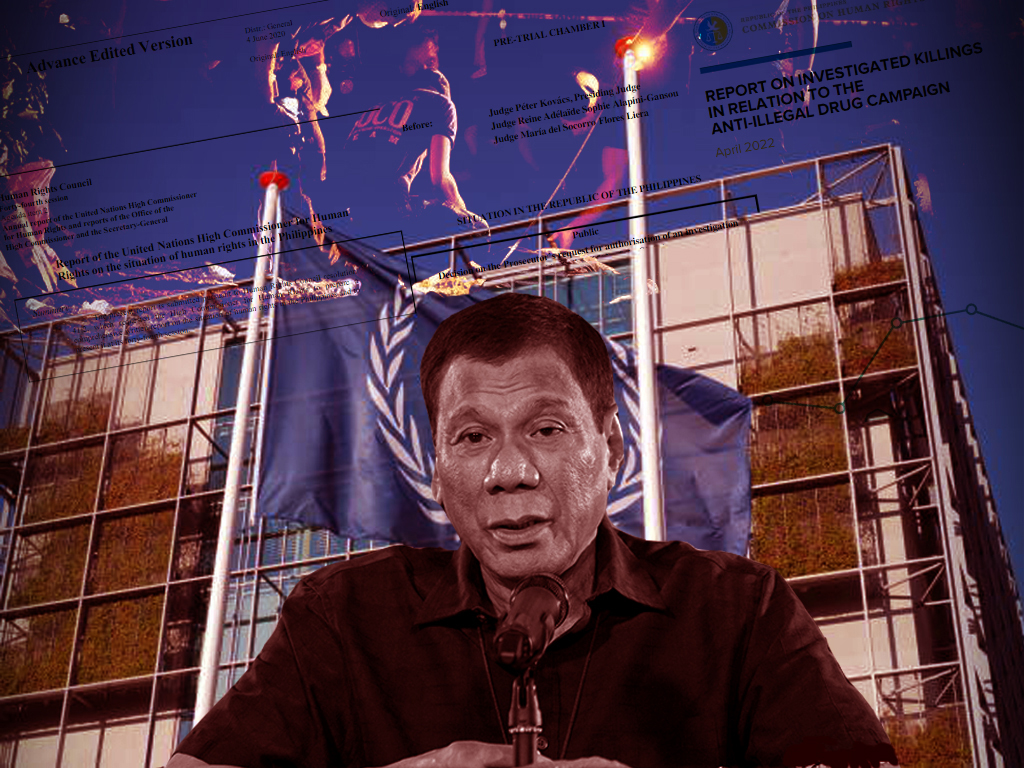Rappler lists reports on Duterte’s drug war
CHEERS TO Rappler for its compilation of reports that reviewed former President Rodrigo Duterte’s “drug war.” The report echoed the message of human rights advocates now that the strongman has stepped down– “never forget”.
The July 4 report correctly noted that remembering the killings and abuses is the “first step” in the pursuit of justice. It is necessary to establish the record: As of May 31, 2022, police data had documented at least 6,252 killed. But human rights groups estimate the numbers as ranging from 27,000 to 30,000.
As the International Criminal Court resumes its investigation into the killings during the drug war, Rappler’s Jodesz Gavilan explained why these reports matter—- it is “to preserve every piece of information that gives a factual picture of what the worst human rights crisis post-Martial Law looked like.”
Rappler timelined the following summary of events and recorded facts drawn from the findings of international and national human rights organizations:
- In 2017, Amnesty International reported on the financial rewards that the police received in exchange for killing suspects. Further, Human Rights Watch (HRW) said that the police also went as far as falsifying evidence and undertaking in vigilante-style killings across the country.
- In 2018, the Philippine Human Rights Information Center (PhilRights) found that victims were usually “male adults… primary breadwinners, low-wage earners, of low educational attainment, and residents of urban poor communities” which further impoverished already poor families.
- In 2019, Amnesty International identified a pattern in the killings: these were “deliberate and systematic” and possibly part of a “government-orchestrated attack” against the poor.
- In 2020, HRW documented the psychological and financial consequences of Duterte’s “drug war” on the children left behind by its victims. In the same year, PhilRights noted how state agents discouraged families from pursuing legal action and that police investigations were “rarely done.”
The United Nations Office of the High Commissioner for Human Rights (UNOHCHR) also pointed out that then President Duterte’s words affected and encouraged police behavior.
- In 2021, global coalition InvestigatePH also said that “the state forces that perpetrate violence are obstructing investigations.” In its second report, it mentioned that the drug war has also been used to target human rights defenders and Duterte’s critics.
- In 2022, the Commission on Human Rights (CHR) reported that its investigations were “hampered by the predilection and uncooperativeness” of the government agencies involved. Instead, they were oftentimes refused, denied, or ignored.
Duterte’s term may have come to an end and the son of the late dictator has replaced him as President, but the media should continue to focus on that dark period of killings and violence. Journalists would do well to join their efforts to establish without a doubt how this happened and the culpability of those involved. Remembering is the first step.

Leave a Reply